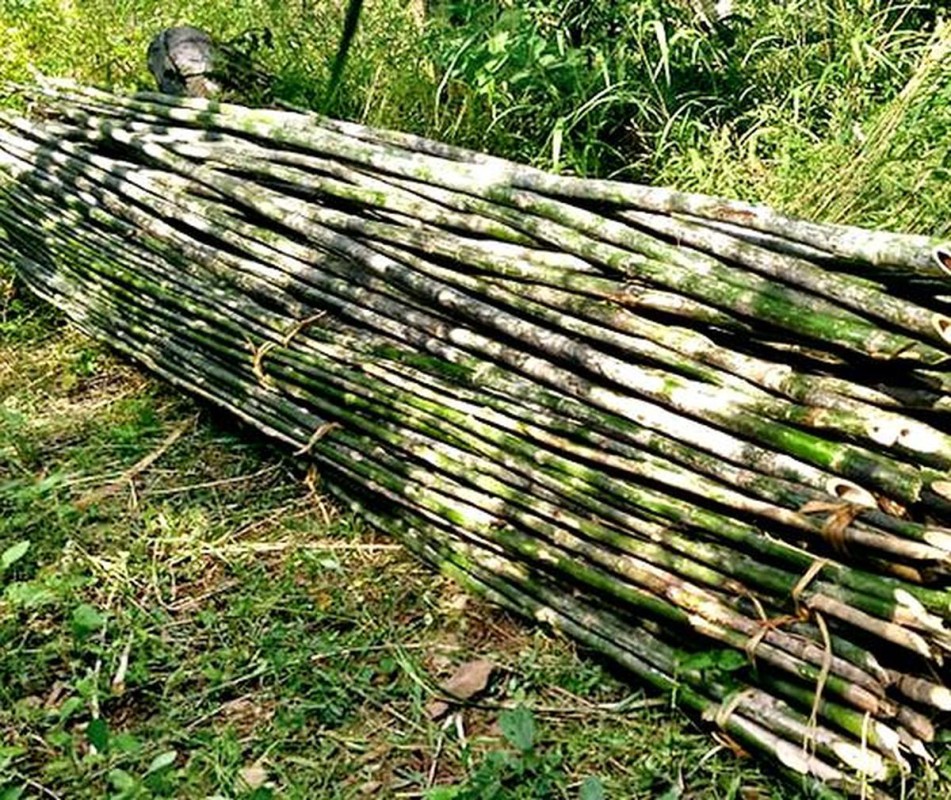Cultivation key to unlocking potential of proposed bamboo laminated board factory, says expert

155

Hsu/ Pearl (NP News) - October 29
Although plans are underway to build a bamboo laminated board factory, a shortage of raw materials persists, according to bamboo expert U Kyaw Win, who spoke to The Statesman journal.
Experts have reportedly been calculating production costs and capacities for establishing a factory that can manufacture and export bamboo laminated boards while also meeting local demand.
"We have already conducted trial production ourselves and are preparing to provide training on how to manufacture these products. We have calculated all costs—factory expenses, labor, expertise, raw materials, and technology. We have finalized the details with a professional and drafted the plan. However, we still do not know when production will actually begin. If it does, we will build the factory in Naypyidaw. For instance, if we produce 300 laminated boards per day, each board will require about five bamboo poles. We have also estimated the approximate production costs, including raw materials, labor, and electricity," said U Kyaw Win.
If the proposed bamboo laminated board factory is successfully implemented in the Naypyidaw Council area, it will create many local job opportunities, earn significant foreign income for the country, and reduce the amount of foreign currency currently spent on importing laminated boards.
“We want to build a factory that generates foreign income. By ‘factory,’ I mean producing bamboo-based items like laminated boards or plywood or parquet flooring. If it can run regularly, it’ll bring great benefits both domestically and through exports. For now, we’re preparing toward that goal.
I’m not sure how long it will take, but after finishing our current training programs, we’re trying to start the factory. Our main focus is on laminated bamboo boards. Since our country currently imports these from abroad, we could meet local demand ourselves and reduce foreign currency spending.
If we can establish it effectively, it would be a big advantage. A good factory in each region could generate around 25 million USD. But we need sufficient raw materials. If we can secure enough, people will have more job opportunities, and the country will earn more foreign income while reducing expenditure,” he added.
Insufficient raw material supply is reportedly the main challenge to building the bamboo laminated board factory.
Therefore, to ensure a steady raw material supply and establish the factory as a model project, bamboo cultivation is currently being carried out.
“The main difficulty we face is the lack of raw materials. Although there is plenty of bamboo in the forests that anyone can harvest, it’s not easy. There are no proper roads, and even though bamboo is available, collecting it is difficult due to labor shortages and the remoteness of the bamboo forests. Because of that, we must cultivate bamboo. The government has provided land for cultivation, but when we actually start, it’s not as easy as it sounds. Some bamboo species prefer cold climates, while others thrive in hot ones. The type we want to plant and the land we have may not always match. So, we’re trying to plant whatever is suitable for each area and grow bamboo systematically so we can us e it as a model project. We’ve already begun replanting since last year and are encouraging others to plant bamboo too,” said U Kyaw Win.
At a meeting with departmental officials and residents in Pathein, Ayeyarwady Region, Senior General Min Aung Hlaing, Chairman of the State Security and Peace Commission, noted the area's abundant bamboo resources and urged the development of related industries. He highlighted bamboo's potential for producing paper, pulp, and various consumer goods.